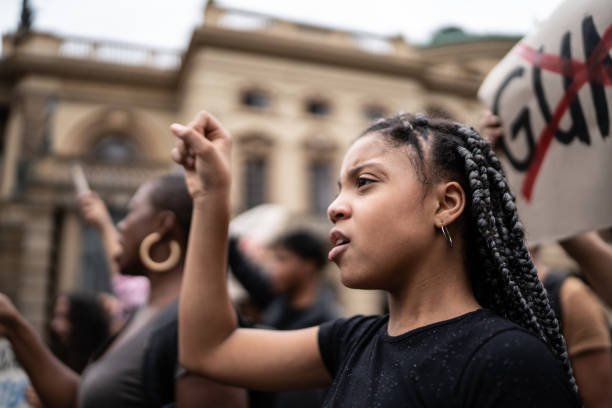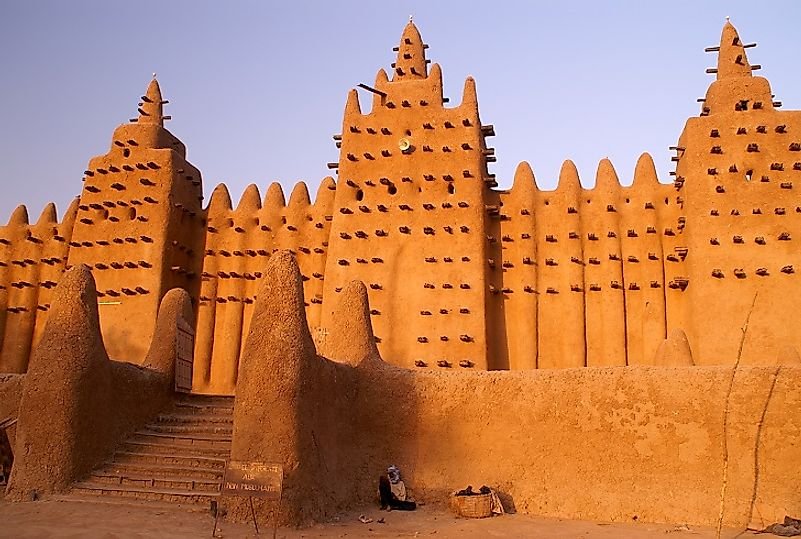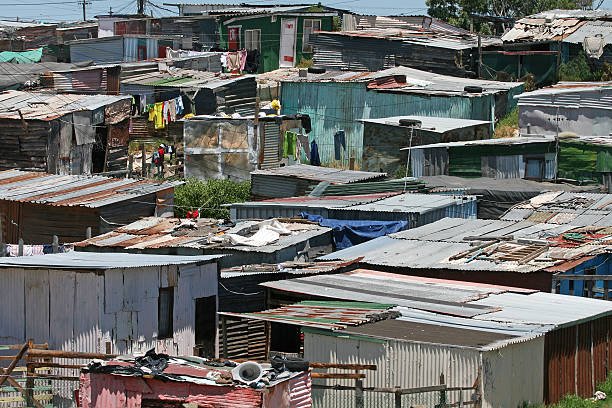What is Meant by Civil Society Protest: South African Examples: Civil society protest is an essential component of a thriving democracy. It reflects the ability of citizens to mobilize and engage in collective action against unjust policies, social issues, or political decisions. In South Africa, civil society protest has played a critical role in shaping the country’s history and continues to be a significant force today.
What is Meant by Civil Society Protest?
Below we will explore the concept of civil society protest, its relevance to South Africa, and the impact it has had on the nation’s development.
Meaning of Civil Society Protest
Civil society is the domain of social life that exists outside of government, business, and family. It is comprised of voluntary organizations, associations, and networks that enable citizens to engage in social, cultural, and political activities. The term and meaning of “civil society protest” refers to any collective action taken by civil society organizations and individuals to challenge or influence government decisions, policies, or social norms.
The term and meaning of “civil society protest” refers to any collective action taken by civil society organizations and individuals to challenge or influence government decisions, policies, or social norms.
The History of Civil Society Protest in South Africa
Civil society protest has been at the heart of South Africa’s political transformation. In the apartheid era, civil society organizations played a crucial role in resisting racial segregation, advocating for human rights, and mobilizing support for the struggle for liberation. Key examples of civil society protests from this period include:
- The Defiance Campaign (1952): A series of mass protests organized by the African National Congress (ANC) and the South African Indian Congress, the Defiance Campaign challenged the apartheid government’s racial policies through acts of non-violent resistance.
- The Soweto Uprising (1976): A wave of protests led by students in the township of Soweto, the uprising was a response to the apartheid government’s decision to enforce Afrikaans as the medium of instruction in black schools. The Soweto Uprising marked a turning point in the anti-apartheid struggle, leading to greater international awareness and condemnation of the regime’s policies.
Post-Apartheid Civil Society Protests in South Africa
In the post-apartheid era, civil society protest has continued to play a vital role in shaping South Africa’s democracy. Some prominent examples include:
- The Treatment Action Campaign (TAC) (founded in 1998): This grassroots organization has been instrumental in advocating for the rights of people living with HIV/AIDS, including access to life-saving antiretroviral treatment. Through its advocacy and activism, the TAC has contributed significantly to improving public health policy in South Africa.
- The #FeesMustFall Movement (2015): A series of nationwide student protests that called for the decolonization of education and an end to tuition fee increases. The movement led to significant concessions from the government, including a temporary freeze on fee increases and a commitment to exploring free higher education for low-income students.
The Role of Civil Society Protests in South Africa’s Democracy with Examples
Civil society protest has been vital in holding the South African government accountable, promoting social justice, and ensuring that citizens’ voices are heard. Some key contributions of civil society protest examples in South Africa include:
- Anti-Apartheid Movement (1950s-1994): Civil society protests played a crucial role in dismantling the apartheid regime. Various organizations, including the African National Congress (ANC), Pan Africanist Congress (PAC), and Black Consciousness Movement, led protests and campaigns against racial segregation and discrimination.
- Soweto Uprising (1976): This protest was a turning point in the anti-apartheid struggle, as students and young people demonstrated against the imposition of Afrikaans as a medium of instruction in black schools.
- United Democratic Front (UDF) formation (1983): The UDF was a coalition of anti-apartheid organizations, unions, and churches that mobilized millions of South Africans in peaceful protests and campaigns against apartheid policies.
- End Conscription Campaign (1983-1994): This civil society initiative protested against compulsory military conscription for white South African men, which was a key part of the apartheid regime’s security apparatus.
- Treatment Action Campaign (TAC) (1998-present): TAC has played a pivotal role in advocating for access to affordable HIV/AIDS treatment and medications, leading to significant improvements in public health policy and access to life-saving antiretroviral drugs.
- Anti-Privatization Forum (APF) (2000-2010): The APF organized protests against the privatization of basic services, such as water and electricity, in the post-apartheid era, arguing that privatization would exacerbate inequality and undermine democracy.
- #FeesMustFall Movement (2015-2016): This student-led protest movement demanded free and accessible higher education for all South Africans, resulting in a temporary freeze on tuition fee increases and sparking a national conversation on education reform.
- #ZumaMustFall Movement (2015-2018): A series of nationwide protests called for the resignation of then-President Jacob Zuma, who was facing allegations of corruption and mismanagement. The protests contributed to Zuma’s eventual resignation in February 2018.
- #TotalShutdown (2018): This was a mass protest against gender-based violence and femicide, which helped to raise awareness and push for policy changes to address violence against women and LGBTQ+ individuals in South Africa.
- #PutSouthAfricansFirst (2020): This movement emerged in response to high levels of unemployment and economic inequality, advocating for policies that prioritize the needs of South African citizens over those of foreign nationals.
Civil society protests have consistently played an essential role in shaping South Africa’s democracy, highlighting social issues and demanding accountability from the government.
Civil society protest is an indispensable element of a healthy democracy. In South Africa, civil society protest has played a critical role in the nation’s political and social evolution. From the anti-apartheid struggle to contemporary social issues, civil society protests have given voice to marginalized communities, influenced government policies, and advocated for human rights.
As South Africa continues to confront the challenges of inequality, poverty, and corruption, the role of civil society protest remains as important as ever. By fostering civic engagement, promoting accountability, and amplifying the voices of those most affected by injustice, civil society protests contribute to building a more inclusive, equitable, and democratic South Africa.
As we move forward, it is crucial that South Africans continue to support and participate in civil society protests. By doing so, they can help ensure that their democracy remains strong and responsive to the needs of all its citizens. In this way, civil society protest will continue to be an essential driving force in shaping the future of South Africa.






